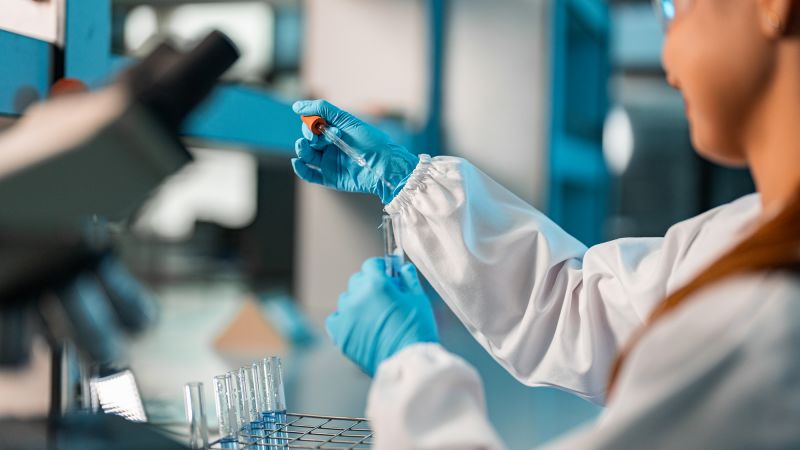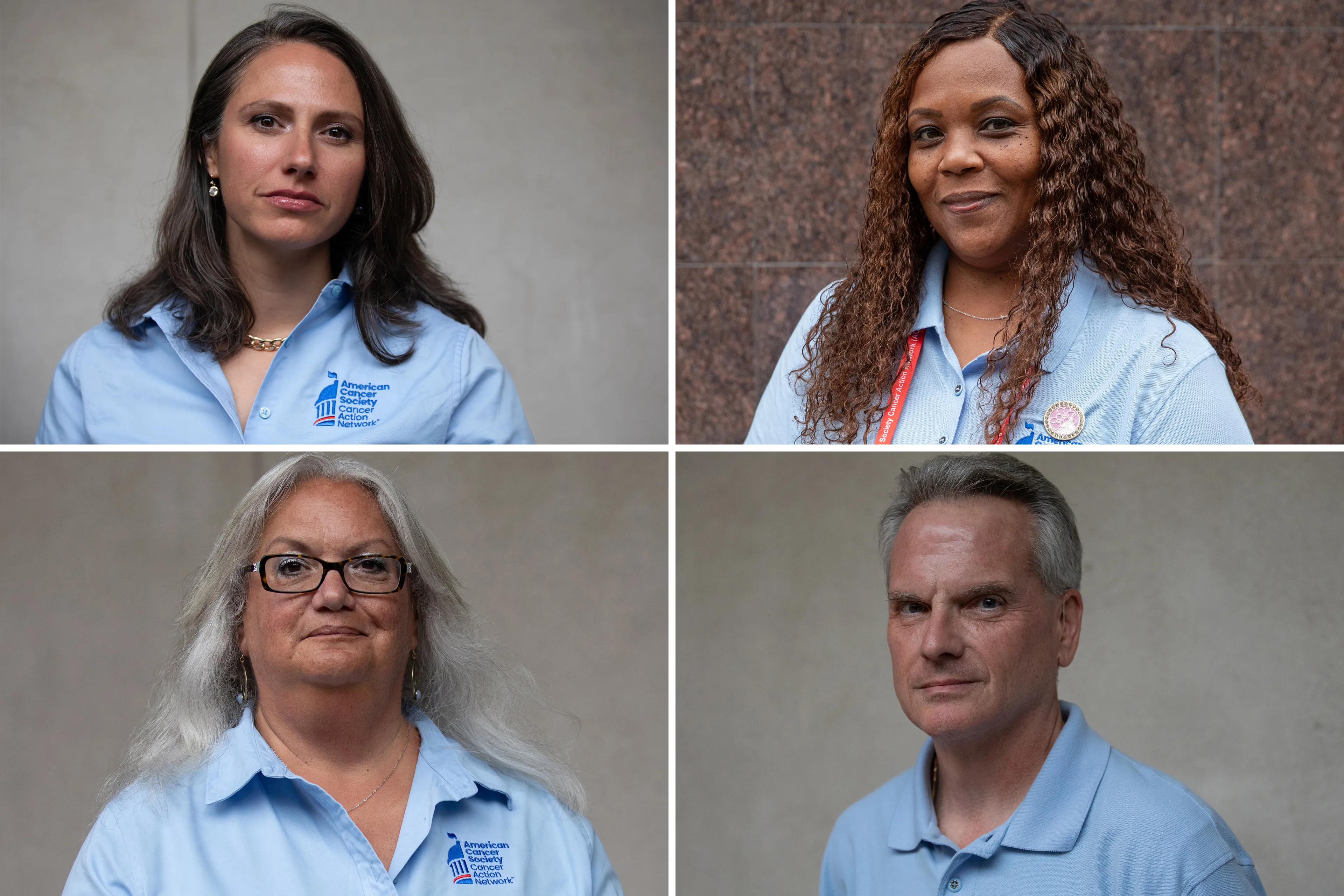Copyright Cable News Network

The US Food and Drug Administration will take steps to streamline the process to develop generic versions of complex biological drugs, the agency announced Wednesday. The changes are meant to accelerate approvals for cheaper alternatives for medications used to treat a wide range of illnesses, leading to increased market competition and lower drug costs for Americans. Biologic drugs are developed using living sources such as bacteria, yeast, and animal cells, which inherently creates more variation and makes manufacturing more complex than for chemically derived drugs. Biologics have a special pathway to FDA approval, and biosimilars — alternatives to the brand name products — are also treated differently than other generic drugs. As part of Wednesday’s announcement, the FDA released new draft guidance that proposes allowing companies to scale back on the studies and trials needed to prove that a biosimilar product is similar enough to an existing FDA-approved product. “Biosimilars are often far more affordable to patients and have the promise to significantly lower health care costs in America,” FDA Commissioner Dr. Marty Makary said in a statement. “By streamlining the biosimilar development process and helping advance interchangeability, we can achieve massive cost reductions for advanced treatments for cancer, autoimmune diseases, and rare disorders affecting millions of Americans.” Biologic medications account for just 5% of prescriptions in the US but more than half of total drug spending, according to the FDA. The agency has only approved 76 biosimilars as of early October, according to the agency, and only about 1 in 10 biologic drugs that will lose patent protection in the next decade currently have a biosimilar in development. The first biosimilar approval in the US happened in 2015. In analyzing data from the decade since, the FDA says that clinical efficacy studies that directly compare a biosimilar to its reference product to confirm there are no clinically meaningful differences in safety and efficacy “add little scientific value compared with analytical testing.” The new guidance “reduces this unnecessary resource-intensive requirement for developers to conduct comparative human clinical studies,” which can take years and cost tens of millions of dollars, the agency said. Instead, it allows drug developers “to rely instead on analytical testing to demonstrate product differences.” Biosimilars are not exact copies of reference drugs like other generic drugs, and there’s an added layer of approval needed for a biosimilar to be considered “interchangeable” — a classification that allows pharmacists to substitute it without consulting a prescriber. The FDA announced Wednesday that it also plans to remove regulatory barriers — generally recommending against “switching studies” — required for biosimilars to receive this classification. “Science continues to evolve, and the FDA remains committed to advancing common-sense policies that further promote efficient and effective biosimilar and interchangeable biosimilar development, without compromising safety and effectiveness,” Dr. George Tidmarsh, director of the FDA’s Center for Drug Evaluation and Research, said in a statement. Wednesday’s announcement is among several steps by the Trump administration to lower drug cots, including an executive order calling for drugmakers to offer drugs to US patients with the lowest, or “Most Favored Nation,” price and the creation of a “TrumpRx” direct-to-consumer website for certain drugs. The FDA said in a fact sheet that costly drugs can lead to people skipping doses and abandoning treatment, and many people face insurance coverage gaps and high deductibles. “With today’s action, the FDA aims to help more companies bring affordable, high-quality biosimilars to market and reduce costs for the American people,” the FDA said in a statement.



